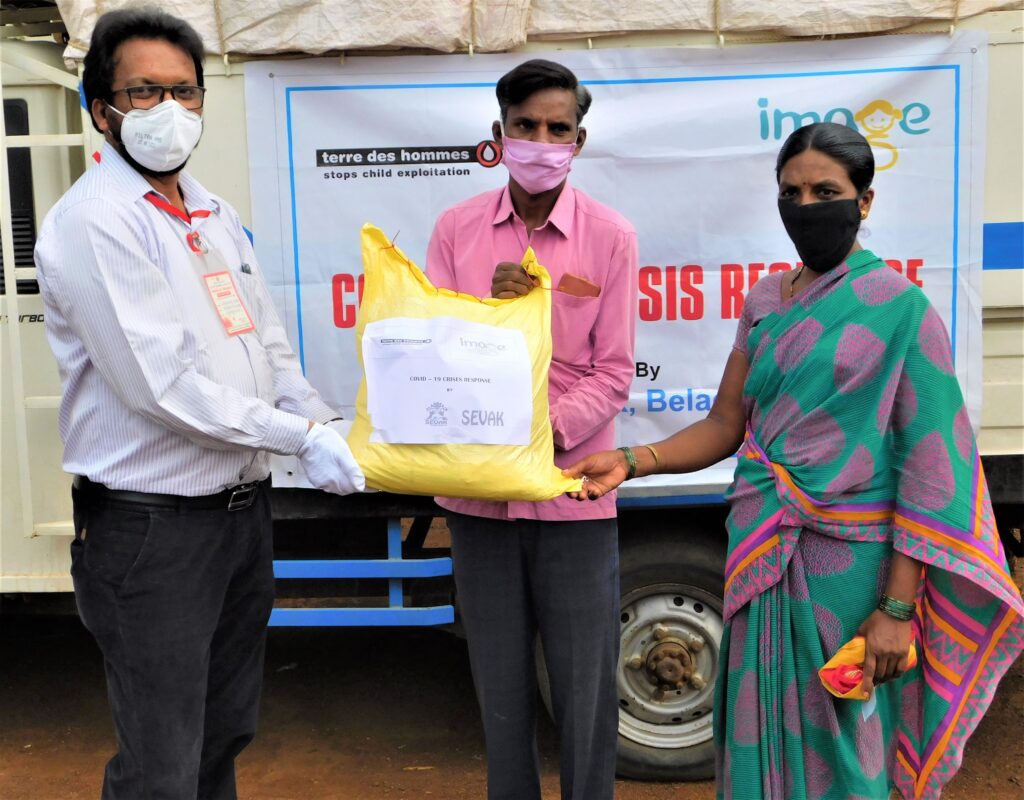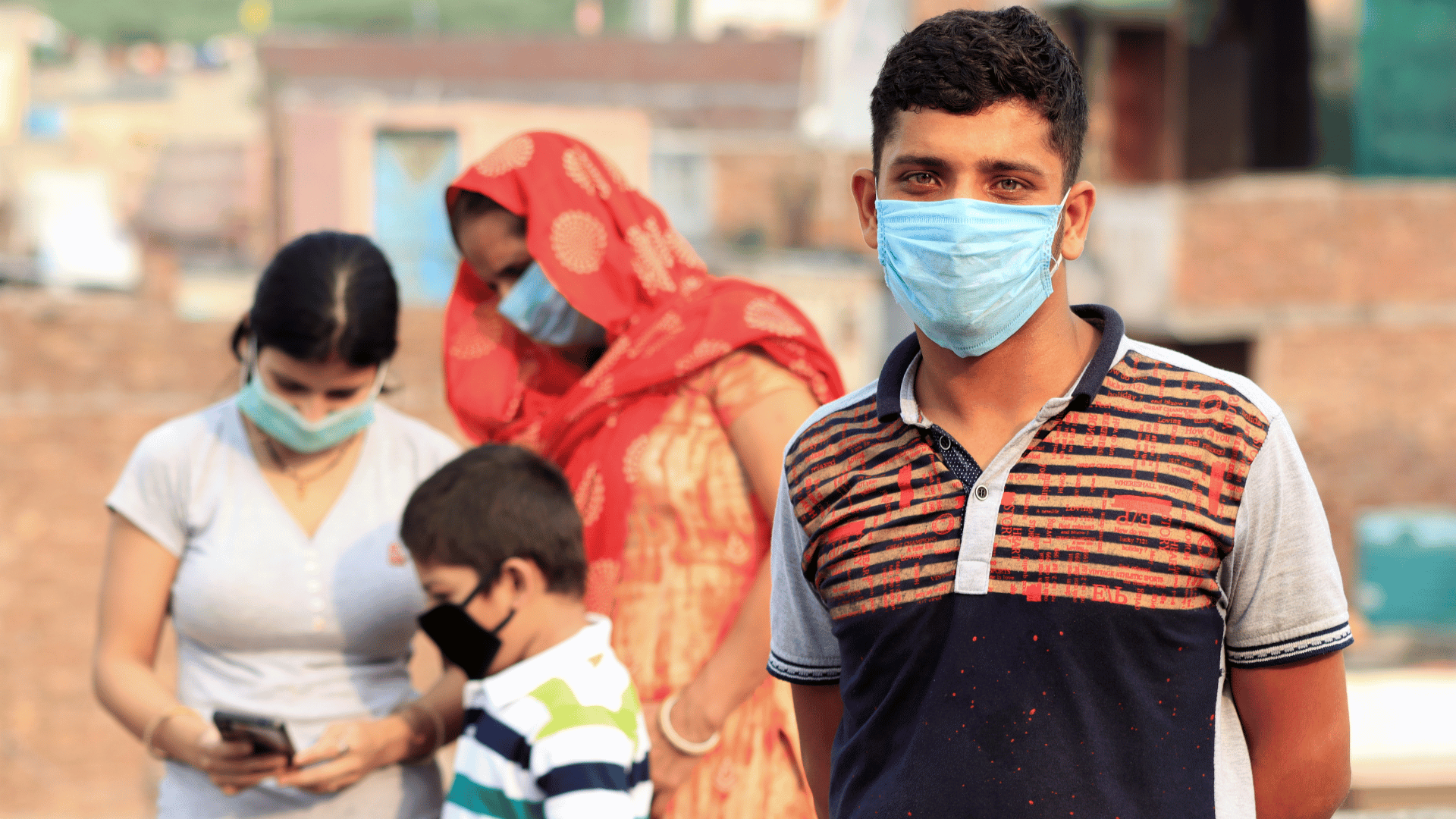COVID-19 CRISIS RESPONSE
Nationwide Lockdown and Its Impact
In March 2020, the Indian government implemented a three-week nationwide lockdown to curb the spread of COVID-19, which was later extended for an additional 45 days. The prolonged lockdown had a profound impact on the economy, with marginalized communities facing severe disruptions in their livelihoods. Shortages of food, shelter, healthcare, and other essential needs were widespread. Although the government introduced packages to provide food and income security to vulnerable workers, many initiatives failed to reach remote villages due to the lockdown challenges.

Challenges Faced by Marginalized Communities
Marginalized groups, particularly daily wage workers, encountered unprecedented hardships during the lockdown. Many of them struggled with:
– Loss of income and job insecurity
– Inadequate access to food, shelter, and healthcare
– Limited reach of government aid to remote areas
There was an urgent need for non-profit organizations to step in and collaborate with government efforts, contributing to healthcare and economic support for these communities.
Project Overview
In response to the urgent needs of vulnerable populations, SEVAK partnered with the District Administration of Belgaum and several organizations, including ATC India, Terre Des Hommes (Netherlands), Comic Relief Fund (UK), and Zomato Feeding India (New Delhi). This collaboration aimed to support 2,000 economically vulnerable families, with a focus on:
– Families dependent on daily wage earners
– Households with elderly members
– Families led by widows or destitute women
– Families relying on migrant workers
Key Interventions
SEVAK’s COVID-19 Crisis Response project encompassed various interventions, focusing on prevention, awareness, and support for government welfare programs.
1. Information and Awareness
– Development of Information, Education, and Communication (IEC) and Behaviour Change Communication (BCC) materials to inform vulnerable families about COVID-19 health practices.
– Creation and distribution of pamphlets and handbills to educate both the community and government officials about government schemes for those in need.
– Spreading awareness using posters about COVID-19 prevention and safety measures.
2. Provision of Essential Supplies
– Distribution of Safety and Hygiene Kits containing liquid soap, hand sanitizers, bathing and washing soap, masks, and gloves to 2,000 families and frontline health workers.
– Distribution of Dry Ration Relief Packs to 2,000 families, with each kit designed to last a month for a household of five.
– Ensuring that individuals in Migrant Workers Safety Homes and destitute individuals received nutritious meals during the lockdown.
3. Relief Efforts for Vulnerable Individuals
– Supply of healthy meals to destitute individuals and isolated migrant workers during the lockdown.
– Provision of food essentials to families facing hardships due to the crisis.

